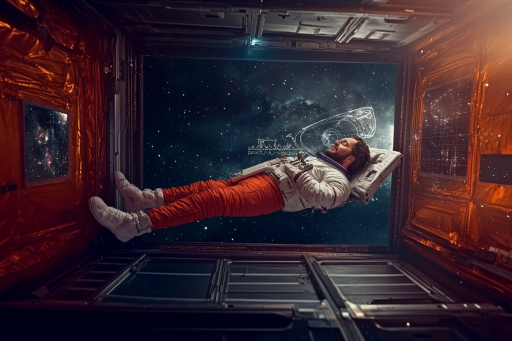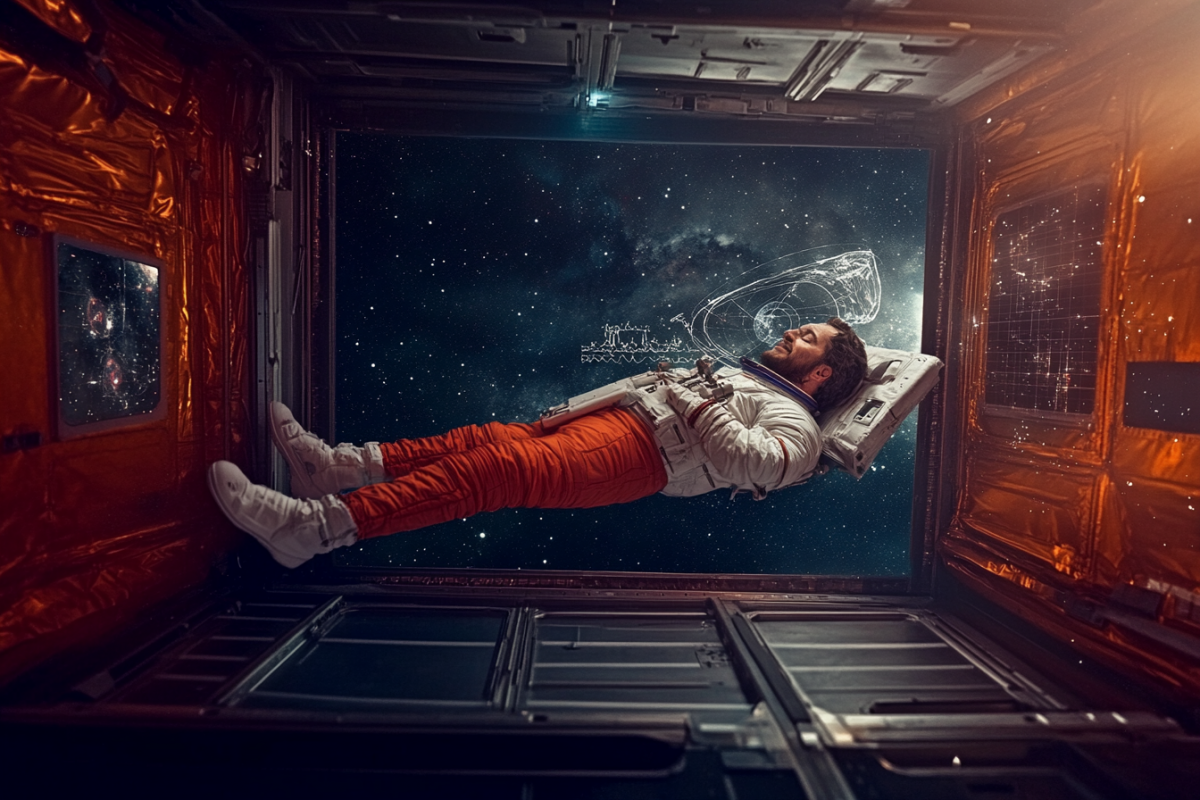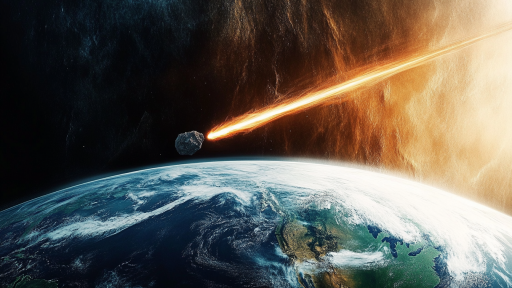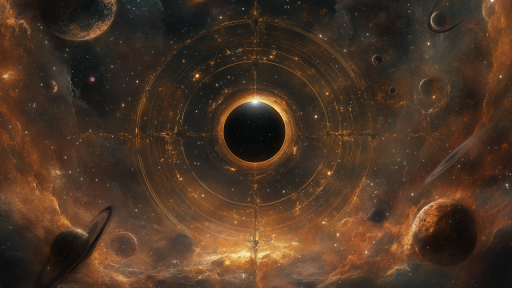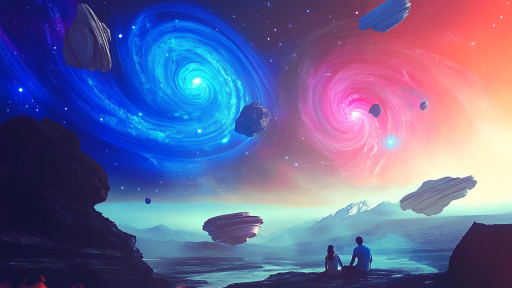
Imagine a world where the pull of gravity no longer holds sway. In the vacuum of space, your body undergoes dramatic changes that are both extraordinary and unsettling. From the moment you leave Earth’s atmosphere, your muscles, bones, and even senses begin to transform in ways scientists are still working to fully understand. This gallery explores some of the most startling ways your body adapts to the weightlessness of zero gravity.
The Stretch Effect

Without gravity compressing your spine, your body stretches, and you might “grow” up to two inches taller in space. This change can relieve some back pain, but it also places strain on the spinal discs, making astronauts more prone to discomfort. When you return to Earth, gravity reasserts itself, and your height quickly returns to normal.
Muscle Meltdown

In zero gravity, your muscles no longer need to work as hard to support your body. Over time, this lack of resistance causes significant muscle loss, particularly in your legs and back. To counteract this, astronauts must follow rigorous exercise routines to maintain their strength during space missions.
Bone Density Diminishes

The absence of weight-bearing activity in space leads to a rapid loss of bone density, especially in the hips and legs. This adaptation, while necessary for space, increases the risk of fractures and osteoporosis back on Earth. Specialized diets and exercises help mitigate this effect, but the loss is still a significant concern for long-term missions.
Fluid Shift

In the absence of gravity, bodily fluids like blood and water redistribute, often moving toward the upper body. This can cause puffiness in the face, pressure in the head, and changes in vision, known as spaceflight-associated neuro-ocular syndrome (SANS). Researchers are working on countermeasures to prevent long-term health complications from these shifts.
Altered Sense of Taste

Space travel can dull your sense of taste, making food seem bland. The fluid shift toward the head may affect your nasal passages, reducing your ability to smell. Astronauts often crave spicier or more intensely flavored foods to compensate.
Weakened Immune System

Microgravity weakens your immune system, leaving astronauts more susceptible to illness. The stress of space travel, coupled with changes in gene expression, contributes to this phenomenon. Ongoing research aims to develop strategies to boost immunity during long-term space exploration.
Vision Changes

The pressure caused by fluid shifts can flatten the back of the eye, leading to blurred vision or other optical issues. Some astronauts experience permanent changes in their eyesight after returning to Earth. Space agencies are studying these effects to protect astronauts on future deep-space missions.
Psychological Impact

The isolation and confinement of space, combined with zero gravity, take a toll on mental health. Astronauts often report mood swings, sleep disturbances, and a sense of disconnection. Comprehensive training and support systems are essential to help them cope with these challenges.
Skin Sensitivity

With no pressure from gravity, your skin may become more sensitive. Some astronauts report increased itching or tingling sensations, as well as faster healing of minor cuts and scrapes. These changes reveal the profound effects of a weightless environment on the body’s largest organ.
Endless Possibilities, Endless Challenges

The human body’s ability to adapt to zero gravity is both awe-inspiring and sobering. While these changes highlight the resilience of life, they also underscore the challenges of venturing beyond Earth. As we push further into space, understanding and mitigating these effects will be crucial for ensuring the health and safety of future explorers.

